The Nibiru Network
Decentralized Infrastructure Networks (DePIN) have emerged as a viable alternative to centralized cloud services. The development of blockchain technology has further demonstrated the potential of distributed ledgers in processing complex smart contract applications and facilitating transactions involving valuable crypto-assets. These systems represent a departure from traditional centralized models, with participants forming decentralized networks that provide an alternative to centralized systems. Nibiru Network builds on this foundation by expanding into various verticals, not only decentralizing transactions involving assets and economic value but also data.
Nibiru Network is a DePIN that offers a robust infrastructure for Web3 applications. Built on the internet, it utilizes Software-Defined Networking (SDN)/Software Defined Virtual Network (SDVN) technology to provide a secure, open, high-speed, co-constructed, and shared decentralized IP layer network. This network employs four consensus protocols, Multi Proof of Stake (MPoS), Proof of Flow (PoF), Proof of Capacity (PoC), and Proof of Verification (PoV), to incentivize the development of the network.

Nibiru Network Association
The Nibiru Network Association brings together individuals and/or legal entities who contribute directly or indirectly, in any way whatsoever, to the development, security and/or the adoption of the Nibiru Network.
Founding Members include Jane Cui (Trust Guardian), Jason Anderson (Trust Management) and Florian Ducommon (Legal).
The Nibiru Network Association is established in Switzerland.

Resource Providers
Resource providers contribute various infrastructure resources, including the IP layer network, storage, and computing, as well as a range of Web3 applications for consumers to provide resources and receive rewards.
This system enables consumers to pay for the corresponding resources provided by other consumers, creating an economic ecosystem where users can benefit from each other's resources.

The NBN Token
NBN is the utility and governance token of Nibiru Network, with a maximum supply of 1,000,000,000.
Contributors can earn NBN tokens, while consumers can burn NBN tokens and purchase services within the Nibiru Network ecosystem.
This token economy incentivizes the development of the network and ensures the circulation of NBN tokens within the ecosystem.

© 2023 Nibiru Network Trust
Developers

